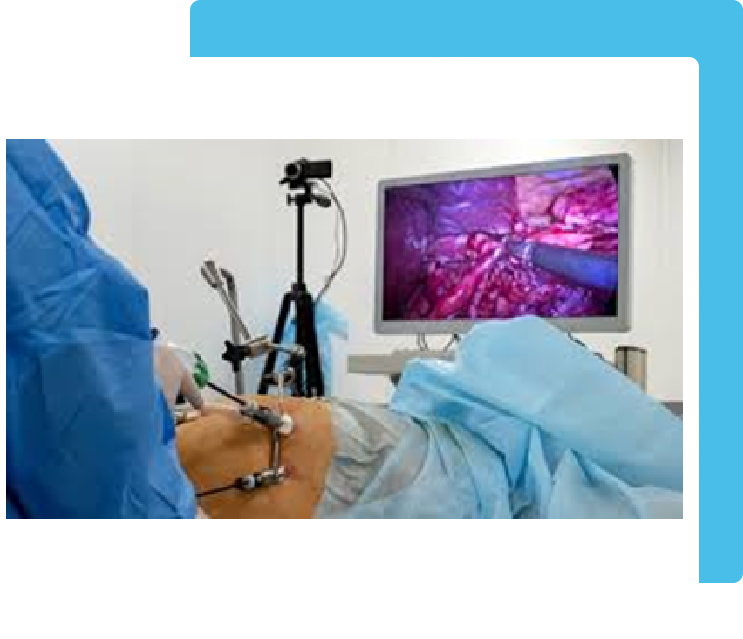
- Appointments
- Sunnybank 07 3344 1440
- Mater Health Hub 07 3041 5082
A bowel (colon) resection, also known as a colectomy, is a surgical procedure to remove either part of or all of the large intestine. It is used to treat both benign ( like diverticular problems) and malignant tumour of colon and can be performed by open or laparoscopic procedure ( Key-hole operation or minimally invasive surgery).
Laparoscopic approach is the preferred approach whenever it is possible. There is a good evidence that the laparoscopic surgery are safe and it is associated with smaller incision, less risk of wound complications, less pain and earlier recovery from surgery.
Laparoscopic bowel resection is a major surgery. You may have to drink bowel preparation similar to you had when had colonoscopy depending upon which side of bowel is going to be resected. You have to stay fasted for 6 hours before surgery. You may be asked to stop or change some of your regular medications like blood thinner medications, diabetes tablets, etc. You will need some blood test, ECG (Electrocardiogram) and sometime more complex investigations like Echocardiogram, Lung function test, sleep study depending up on your other health conditions.

The procedure is done under general anaesthesia administered by experienced anaesthetist. You will also need urinary bladder catheter to measure your urine output and calf compression pump to prevent clot in the leg.
A laparoscopic colon resection requires four to five small incisions in the abdomen for the insertion of a laparoscope, a long flexible tube that has a small video camera on the end, and other small surgical instruments. The video camera provides magnified, high-definition images that the surgeon uses as guides in performing the procedure. To improve the visual field, the abdomen is inflated with CO2 gas. Depending on a patient's individual condition, all or a portion of the colon, as well as lymph nodes and a margin of surrounding healthy tissue, will be removed. If only a portion of the colon is removed, the resultant ends will be stitched together (anastomosis) using special surgical stapling devices. Some people may need temporary stoma to protect the anastomosis, which will be reversed after few weeks or months. The surgery may take between 2 to 5 hours depending site of bowel resection and complexity of surgery.
Risks from any kind of laparoscopic procedure are fewer than the risks of open surgery. They do exist, however, and include: Infection, Excessive bleeding from the incision, Damage to an organ or blood vessels, Allergic reaction to medications or anaesthesia, Risk of developing clot in the leg or lung. In the recovery phase there is a small risk of leak from join (anastomosis), which may need further surgery to fix it.
After surgery, your pain will be managed by a combination of oral and injectable analgesics. The urinary catheter will be removed next day typically and you will be encouraged to mobilize early with help from physiotherapist/ nursing staff. Your diet will be liquid initially and slowly will be upgraded to normal diet over few days. You will be discharged home when your bowels starts working. Typical hospital admission is between 3- 5 days after laparoscopic bowel resection surgery.
All Copyrights © 2023 Dr. Kaushik Kumar
Powered by :: Growup Business Solution